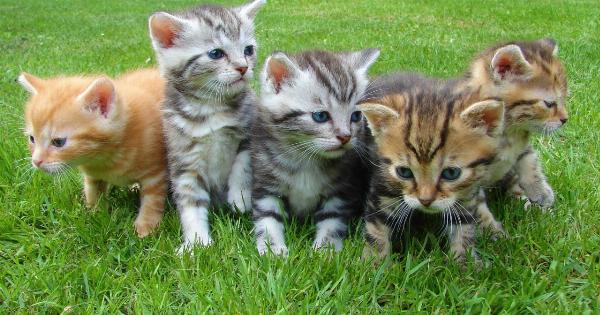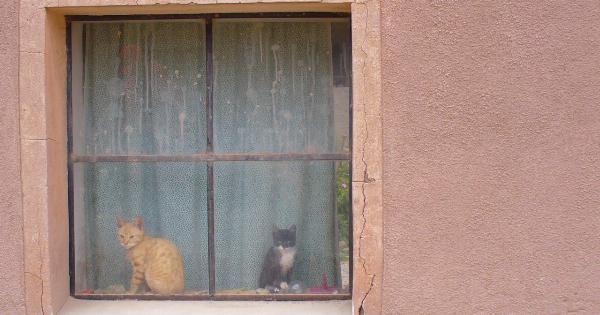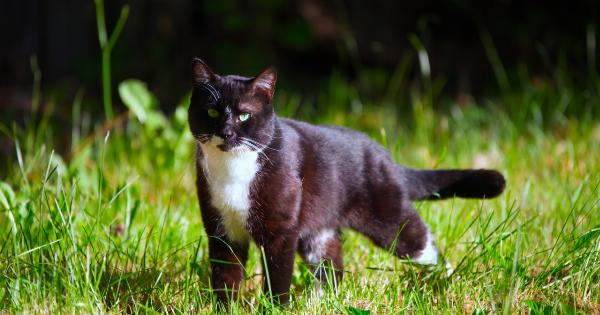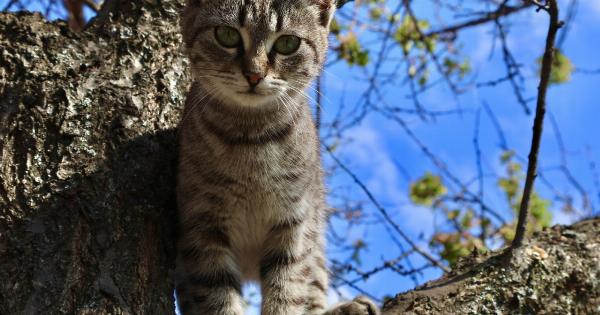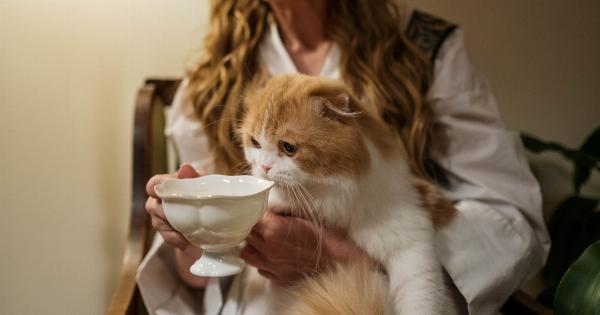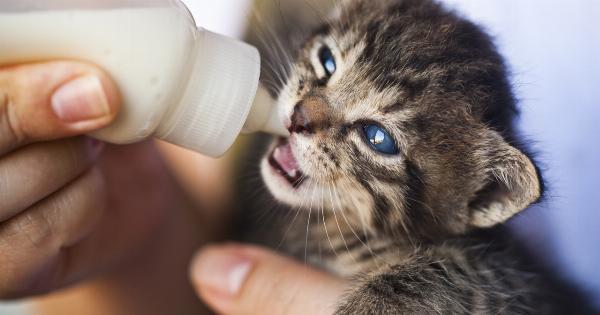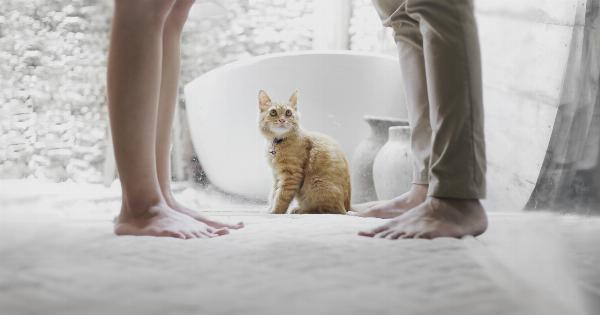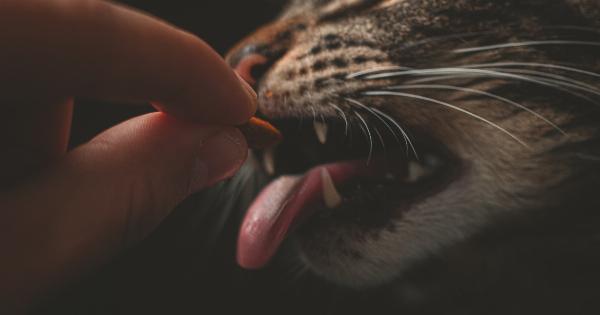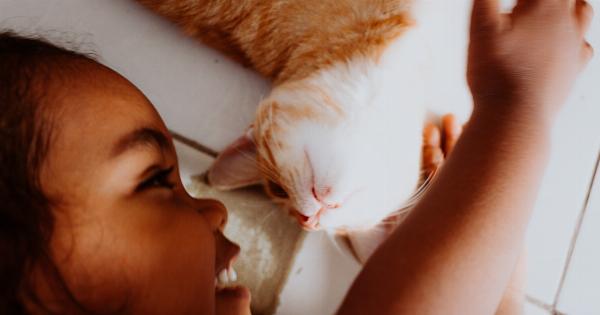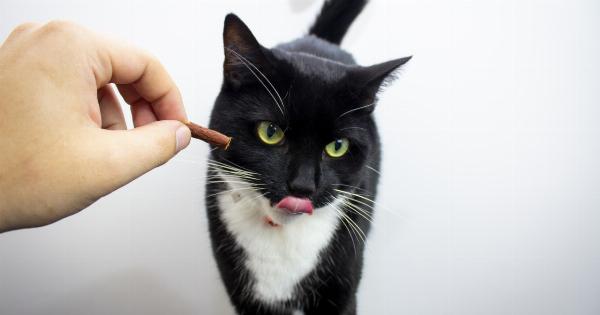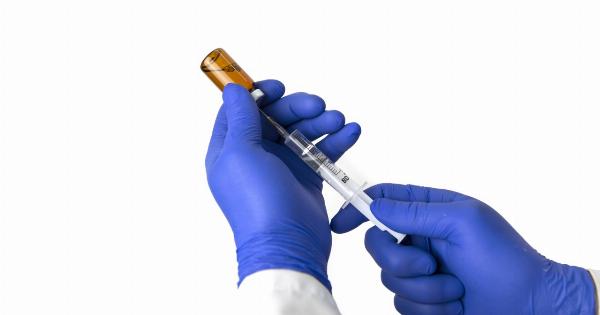Cats are creatures of habit and require attention to all areas of their health to maintain a high quality of life. One area often overlooked by cat owners is their diet.
A lack of proper nutrition can lead to severe diseases in cats which can affect their mobility, cognitive function, and overall well-being.
Obesity
Obesity is a condition that is caused by an imbalance between energy intake and energy expenditure. It can lead to a multitude of serious health issues, such as diabetes, heart disease, and joint problems.
Cats that are overweight may be less active and more prone to health issues, which can severely impact their quality of life. A nutritionally balanced diet is crucial to maintaining a healthy weight in cats.
Diabetes
Diabetes is a metabolic disorder that is often seen in overweight cats. This disease occurs when the pancreas is unable to produce enough insulin, which allows glucose to accumulate in the bloodstream.
Over time, high blood sugar levels can lead to damage of the nervous system, eyesight, and kidneys. Cats with diabetes require a specific diet that is low in carbohydrates and high in protein to control their blood sugar levels.
Kidney Disease
Kidney disease is a common problem in elderly cats and can be life-threatening. The kidneys are responsible for filtering waste from the blood and regulating electrolyte balance.
Kidney disease can occur when the kidneys are unable to perform these functions properly. A diet that is low in protein and phosphorous and high in water content is crucial for cats with kidney disease to maintain their health and quality of life.
Urinary Tract Disease
Urinary tract disease is a common problem in cats that can cause pain and discomfort. Cats that consume a diet that is high in magnesium, phosphorus, and protein are at a higher risk of developing this condition.
A diet that is low in these minerals can help prevent urinary tract disease in cats.
Hyperthyroidism
Hyperthyroidism is a disease that occurs when the thyroid gland produces too much thyroid hormone, which can lead to increased metabolism and other health issues.
Cats that consume a diet that is high in iodine or seafood may be at a higher risk of developing this condition. A diet that is low in iodine can help prevent hyperthyroidism in cats.
Heart Disease
Heart disease is a serious condition that is often caused by a poor diet and lack of proper nutrition. Poorly balanced diets that are high in fat, sodium, and cholesterol can lead to heart disease in cats.
A diet that is low in these substances and high in protein and fiber can help prevent heart disease in cats.
Dental Problems
Dental problems are commonly seen in cats that have a poor diet or are fed a diet that is high in carbohydrates and low in protein. Poor oral hygiene can lead to gum disease, which can cause tooth decay and loss.
Cat owners should ensure their cat’s diet is well-balanced and provides proper nutrients to maintain their oral health.
Cognitive Function
A diet that is nutritionally balanced can also help maintain cognitive function in cats.
Certain nutrients, such as antioxidants and omega-3 fatty acids, can help improve memory and concentration in cats, leading to better overall mental health and well-being.
In Conclusion
Cats that are fed a well-balanced diet that provides proper nutrition are less likely to develop severe diseases. A proper diet is crucial for maintaining a cat’s health and overall well-being.
Cat owners should ensure their cat’s diet is suitable for their individual nutritional requirements and seek veterinary advice if they have any concerns about their cat’s diet or health.


